XPost - Xenon Under Cabinet Lighting Heats Up Cab Interiors
cfire
13 years ago
Related Stories
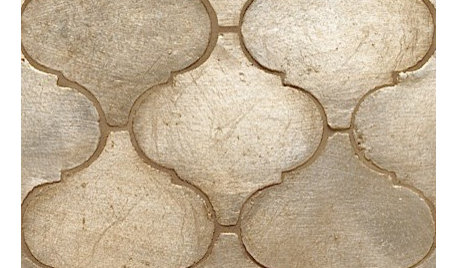
PRODUCT PICKSGuest Picks: Moroccan Flair to Heat Up Fall Interiors
Layer these exotic-looking furniture pieces, textiles and accessories for a warm look and a global vibe
Full Story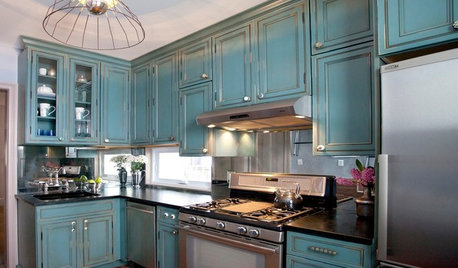
KITCHEN DESIGNKitchen of the Week: Turquoise Cabinets Snazz Up a Space-Savvy Eat-In
Color gives a row house kitchen panache, while a clever fold-up table offers flexibility
Full Story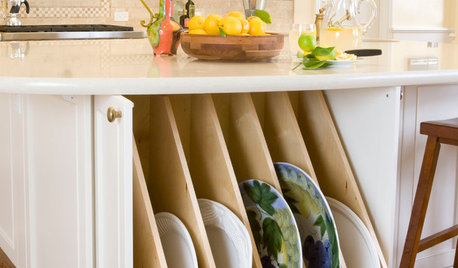
KITCHEN DESIGNKitchen Confidential: Amp Up Your Storage With Pullouts
See 12 types of cabinet pullouts that make your cooking and cleaning items easier to find and use
Full Story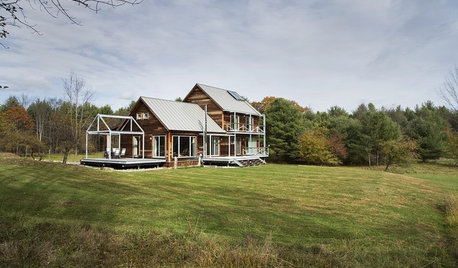
GREEN BUILDINGHouzz Tour: Passive House in Vermont Slashes Heating Bills
Its ecofriendly, low-maintenance design leaves a family with more time to relax and enjoy the weekend home
Full Story
GREEN BUILDINGInsulation Basics: Heat, R-Value and the Building Envelope
Learn how heat moves through a home and the materials that can stop it, to make sure your insulation is as effective as you think
Full Story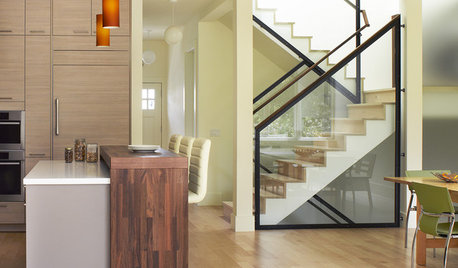
FLOORSIs Radiant Heating or Cooling Right for You?
Questions to ask before you go for one of these temperature systems in your floors or walls (yes, walls)
Full Story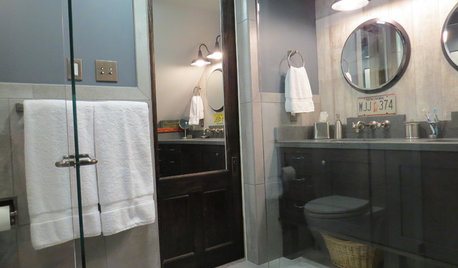
BATHROOM DESIGNSee the Clever Tricks That Opened Up This Master Bathroom
A recessed toilet paper holder and cabinets, diagonal large-format tiles, frameless glass and more helped maximize every inch of the space
Full Story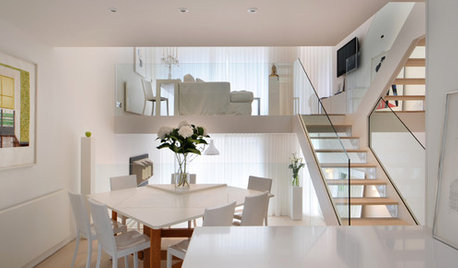
CONTEMPORARY HOMESHouzz Tour: A London Townhouse Lightens Up
A dramatic redesign of this multistory home transforms its dark 1970s-era interior into an all-white Scandinavian idyll
Full Story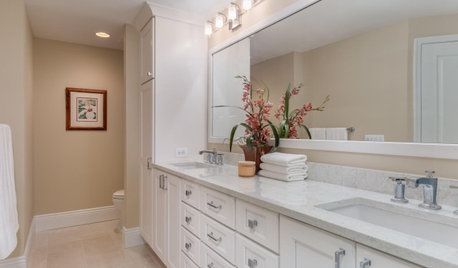
BATHROOM WORKBOOK5 Ideas to Open Up a Windowless Bathroom
Do you have a bathroom without natural light or a view? Here’s how to brighten it up
Full Story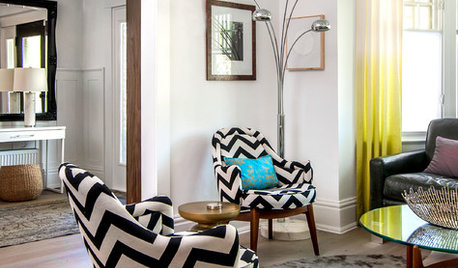
HOUZZ TOURSHouzz Tour: Mixing It Up in a Century-Old Edwardian
Different eras, patterns and textures mingle beautifully in a Canadian interior designer's home and 'design lab'
Full Story





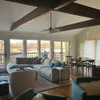
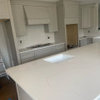
brickeyee
cfireOriginal Author
Related Professionals
Sarasota Lighting · York Lighting · Carlisle Furniture & Accessories · Indianapolis Furniture & Accessories · Norwalk Furniture & Accessories · Thousand Oaks Furniture & Accessories · Alpharetta Furniture & Accessories · East Hanover Interior Designers & Decorators · Fort Smith Interior Designers & Decorators · Linton Hall Interior Designers & Decorators · Queens Interior Designers & Decorators · Cedar Falls Decks, Patios & Outdoor Enclosures · New Lenox Decks, Patios & Outdoor Enclosures · Troy Decks, Patios & Outdoor Enclosures · Eustis Decks, Patios & Outdoor Enclosuresken_mce
cfireOriginal Author
davidro1
cfireOriginal Author
DavidR
davidro1
roadbike
DavidR